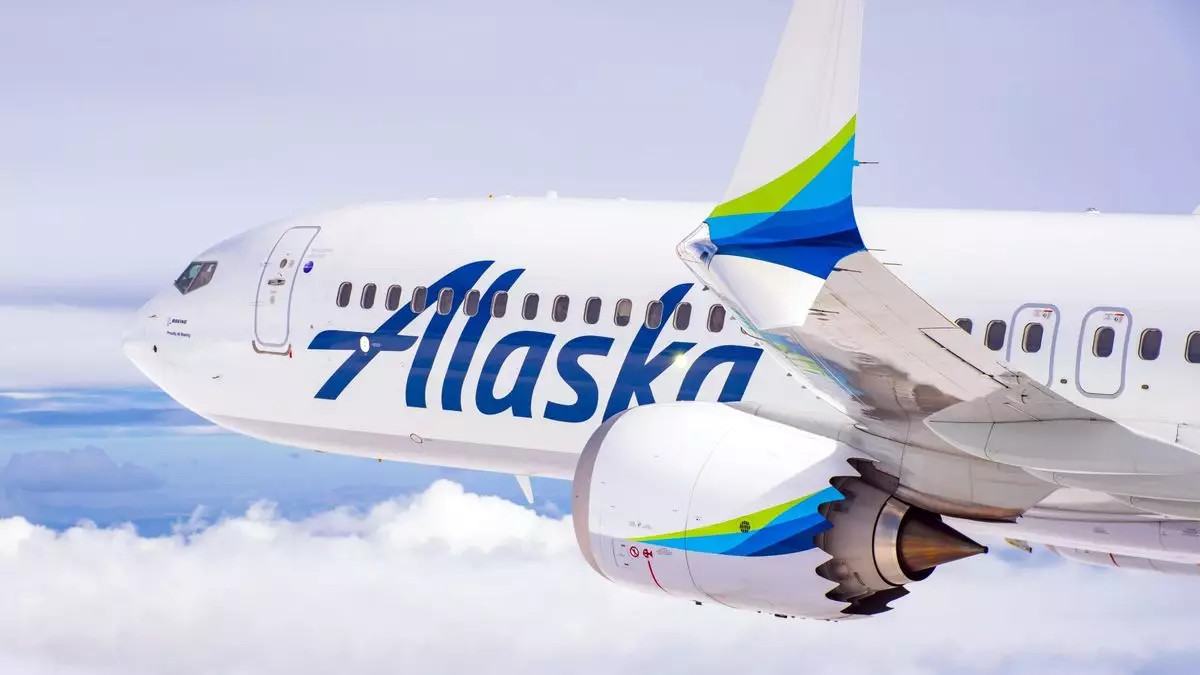After a recent incident where a door plug blew out of an Alaska Airlines flight, causing the grounding of numerous Boeing 737 Max 9 aircraft, travel advisors were faced with the challenge of accommodating affected clients. However, despite the short-term turbulence, most advisors believe that this incident will not have a long-lasting chilling effect on consumer demand for air travel.
Immediately following the incident, travel advisor Andrea Thies of Sunshine Travel in Fairbanks, Alaska, experienced a surge in inquiries from concerned clients. Thies, who handles inbound and outbound travel for various hockey teams, including the Anchorage Wolverines, had to spend hours on the phone with Alaska Airlines to find suitable alternatives for her clients. Thankfully, an extra flight was added by Alaska Airlines, allowing Thies to ensure that the Wolverines made it back to Anchorage in time for their next game.
Peter Vlitas, the executive vice president of partner relations at Internova Travel Group, acknowledged the inconvenience caused by the incident but emphasized that most affected clients were accommodated on different flights. He also suggested that some customers may request to avoid flying on any Boeing 737s in the immediate future. To address this concern, Internova Travel Group is prepared to offer alternative flights on different aircraft models until the issue is resolved.
Ralph Iantosca, owner of Iantosca Travel in Irving, Texas, highlighted the general lack of knowledge among consumers regarding the different iterations of aircraft models. Most clients do not pay attention to the specific model but instead focus on the safety card or flight invoice, which often only mention the model as “737.” Iantosca takes the initiative to educate his clients about the various generations and versions of the aircraft.
The incident did, however, lead to a noticeable impact on the usage of a filter on metasearch site Kayak, which allows users to identify or exclude specific aircraft models. To address this, Kayak promptly updated its filters to include Max 8 and Max 9 models, catering to consumers who prefer to avoid these specific aircraft.
Despite the temporary disruptions caused by this incident, industry experts like Peter Vlitas believe that there will be no long-term impact on air travel. He cited the two 737 Max 8 crashes in 2018 and 2019, which resulted in the tragic death of 346 individuals. Remarkably, these incidents did not significantly affect consumer demand for air travel in the long run.
Jay Ellenby, president of Safe Harbors Travel Group, echoed Vlitas’ sentiments, stating that corporate travel remains “business as usual” despite the Alaska Airlines incident. Corporate travelers, accustomed to disruptions, tend to be more resilient and adaptable in such situations.
Just days prior to the Alaskan Airlines incident, another highly publicized aviation mishap occurred at Tokyo’s Haneda Airport, where a Japan Airlines jet struck another aircraft and caught fire. However, travel advisor Andrea Thies noted that her clients did not express concerns about this incident. Peter Vlitas commended the swift and disciplined evacuation carried out by the pilot, passengers, and Japan Airlines, emphasizing that flying remains one of the safest modes of transportation in the world.
Despite the temporary disruptions and inconveniences caused by the Alaskan Airlines incident, travel advisors and industry experts remain optimistic about the resilience of the air travel industry. While consumer awareness of aircraft models may have increased, the incidents of 737 Max 9 aircraft grounding are not anticipated to have a lasting impact on consumer demand for air travel. With the commitment to safety demonstrated by airlines and their quick response to incidents, the aviation industry continues to thrive as one of the safest means of transportation worldwide.


Leave a Reply